Egypt / مصر – Let’s explore here
What’s it like in Egypt?
Egypt is, in our opinion, one of the best and most interesting countries on the planet. It’s got such an amazing history, endless amazing sights, year round sun and a wide variety of landscapes – it’s not just sand dunes! I liked it so much when I visited that I returned seven more times! At one point I even starred in a few Egyptian films!
If you’ve never been to Egypt, I highly recommend it, as there really is something for everyone there. As well as all the standard amazing sights, like the pyramids, the Sphinx, and the Cairo museum, the Valley of the Kings and the temples in Luxor, there are many more amazing places to visit.
If you’re looking for something less touristy you should visit Dahab, Nuweiba, Sharm el Sheikh and St Catherine’s Monastery, next to Mount Sinai in the Sinai peninsula. You could also check out the Aswan Dam and Alexandria.
The population of Egypt is around 107 million people (2024), about one in five of whom live in the capital, Cairo. It is about twice the size of Spain, and its highest point is Mount Catherine, in the Sinai, at 8,625 ft (2,629 m) above sea level. One of the two longest rivers in the world, the Nile, is also in the country.

A bit about the history of Egypt
Ancient Egypt
The history of Egypt dates back to ancient times, with the emergence of one of the world’s earliest and most influential civilisations. The earliest known unified Egyptian kingdom formed around 3100 BC, when King Narmer (also known as Menes) is believed to have united Upper and Lower Egypt. Ancient Egypt became known for its monumental architecture, including the construction of the Great Pyramids of Giza, the Sphinx and elaborate temples. It was also renowned for its advancements in writing, mathematics and medicine. The civilisation was governed by pharaohs, who were considered both divine and political leaders. Over the centuries, Egypt experienced several periods of prosperity, including the Old, Middle and New Kingdoms, but also periods of political decline and foreign invasions.
Conquests and Foreign Rule
In 332 BC, Egypt fell under the control of Alexander the Great, who established the Ptolemaic Dynasty. This period saw a fusion of Greek and Egyptian cultures. The most famous figure of this era was Cleopatra VII, the last active ruler of the Ptolemaic Kingdom, who sought to maintain Egypt’s independence amid the growing power of Rome. After her defeat by the Romans in 30 BC, Egypt became a Roman province, marking the end of the Ptolemaic reign. Over the centuries, Egypt was ruled by various foreign powers, including the Romans, Byzantines, and eventually the Arabs in the 7th century, who introduced Islam to the region.
Islamic Egypt
In 639-642 AD, the Arab Muslim armies conquered Egypt, marking the beginning of Islamic rule. Egypt became an important centre of Islamic learning and culture. Under the Fatimid Caliphate (10th to 12th centuries), Cairo was established as the capital and became a key political, economic and cultural hub. During the 13th century, the Mamluks, a group of slave soldiers, seized power and ruled Egypt for several centuries. They were eventually overthrown by the Ottoman Empire in 1517, with Egypt becoming part of the Ottoman Empire.
Napoleonic Invasion and Muhammad Ali
In 1798, Napoleon Bonaparte invaded Egypt, seeking to disrupt British trade routes and expand French influence in the region. While the French occupation was short lived, it opened Egypt to increased Western involvement. In the early 19th century, Muhammad Ali Pasha, an Ottoman Albanian officer, rose to power and became the de facto ruler of Egypt. He modernised Egypt, establishing a strong military and expanding the economy. Muhammad Ali’s descendants, the Muhammad Ali Dynasty, ruled Egypt until the early 20th century.
British Influence and Occupation
In the late 19th century, Britain expanded its influence over Egypt, largely due to the importance of the Suez Canal, which opened in 1869. Although Egypt remained nominally part of the Ottoman Empire, British control increased, and in 1882, Britain occupied Egypt following a nationalist uprising. Egypt became a British protectorate in 1914, and nationalist movements for independence grew in strength, especially after World War I.
Independence and the Egyptian Revolution
Egypt gained partial independence in 1922, but British influence remained strong, particularly in matters of defence and the Suez Canal. In 1952, a military coup led by General Gamal Abdel Nasser overthrew King Farouk, ending the monarchy. Nasser, with the support of the Free Officers Movement, established a republic and became the country’s first president. Nasser pursued policies of Arab socialism and sought to modernise Egypt’s economy. In 1956, after Britain, France and Israel invaded Egypt during the Suez Crisis, Nasser emerged as a hero in the Arab world for resisting foreign intervention.
Nasser to Mubarak
Gamal Abdel Nasser ruled until his death in 1970, after which Anwar Sadat succeeded him. Sadat shifted Egypt’s foreign policy, notably signing the Camp David Accords with Israel in 1978, which led to Egypt becoming the first Arab country to recognise Israel. This resulted in Egypt being expelled from the Arab League for a period, but it brought Egypt significant military and economic aid from the United States. In 1981, Sadat was assassinated, and Hosni Mubarak became president. Mubarak ruled Egypt for nearly 30 years, maintaining a strong authoritarian regime.
Egyptian Revolution and Aftermath
In 2011, widespread protests, part of the broader Arab Spring, led to the ousting of Hosni Mubarak, who resigned after 18 days of protests. The military took control, and in 2012, Mohamed Morsi of the Muslim Brotherhood was elected president. However, Morsi’s rule became increasingly unpopular, leading to another military coup in 2013, led by General Abdel Fattah el-Sisi, who later became president. Morsi was imprisoned, and the Muslim Brotherhood was banned.
Modern Egypt
Abdel Fattah el-Sisi has ruled Egypt since 2014, maintaining tight control over the political landscape. His administration has faced criticism for human rights abuses, including the suppression of political opposition and curbing freedoms of expression. However, Sisi has also pursued significant economic reforms and infrastructural projects, such as the construction of a new administrative capital. Despite the challenges, Egypt remains a key player in the Arab world and continues to face complex issues, including political unrest, economic inequality, and security concerns, particularly in the Sinai Peninsula.
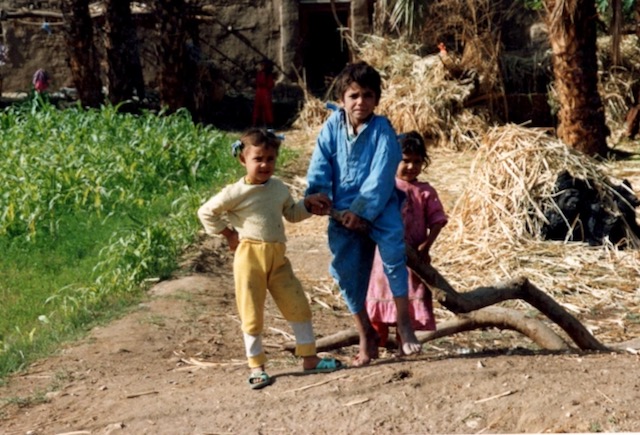
Egypt road trip
Having visited Egypt so many times the map below provides an approximation of the sites we’ve been to over the years. Our next Egyptian road trip is part of a much larger African road trip.
The Sinai
On our road trips through The Sinai, we travelled from the border point of Taba, following the Red Sea coast down to the Egyptian port village of Nuweiba. Nuweiba is the best place to cross from Egypt to Jordan, via the Red Sea port town of Aqaba.
Slightly further down the coast from Nuweiba is the old Bedouin village of Dahab, which has been commercialised a lot since we were last there. At once time, Dahab was a favoured destination for knowledgable backpackers looking for superb snorkelling and diving destinations. The amazing Blue Hole, a sinkhole with a superb 85ft (26 m) long tunnel, whose ceiling is 181 ft (55 m) below sea level, and whose bottom falls to about 394 ft (120 m) is also in Dahab.
Inland from Dahab lies Egypt’s highest point, Mount Catherine, and the amazing 6th century St Catherine’s monastery. St Catherine’s is the world’s oldest continuously inhabited Christian monastery. On all our visits to St Catherine’s, the night sky was particularly fantastic, with multiple shooting stars 🙂
Further down the coast from Dahab is Sharm El Sheik. When we were there, Sharm El Sheik was little more than a military outpost, whereas like Dahab, its has now been commercialised a lot into a major tourist destination.
The capital and the pyramids
Cairo is a fantastic city with some one the best museums in the world. And then there’s the world famous Egyptian pyramids and the Sphynx, which are close by. There’s loads to see and do in Cairo, and the people are pretty friendly in the main. There are always those who try to exploit foreigners, although there are fewer than in some other Mediterranean cities. In addition to generally wandering around this amazing city, the Cairo Tower is also well worth a visit.
The temples and the pharaohs
Luxor is amazing, and should definitely be on everyone’s bucket list. Both Karnak and Luxor temples are superb, as well as the magnificent Valley of the Kings and Hatshepsut. Also you can grab a fellucca on the Nile and go to Banana island for a lovely evening. There’s so much history there that you can literally spend years at Luxor. As well as all of the historic moment, people are genuinely more friendly than in the capital, and there are loads of market stalls offering all kinds of goods that you can test your haggling skills on 😉
The dam and the lake
Further south down the Nile is the city of Aswan, famous for its huge dam, which used to be the tallest in the world. The city itself is more like Cairo than Luxor and has lots of tombs and more ancient Egyptian artefacts. From Aswan you can sail down lake Nasser towards the border with Sudan, where you’ll find the fantastic ancient site of Abu Simbel.
The coast
For us, the best pf the Mediterranean coast of Egypt is Alexandria, a lovely ancient city with some great accommodation and loads of history; think the Lighthouse of Alexandria and the Library of Alexandria 🙂 When we were last there, the beaches were pretty much a no-go area due to the amount of litter, although we understand that this has changed now 🙂
Map of our road trips through Egypt
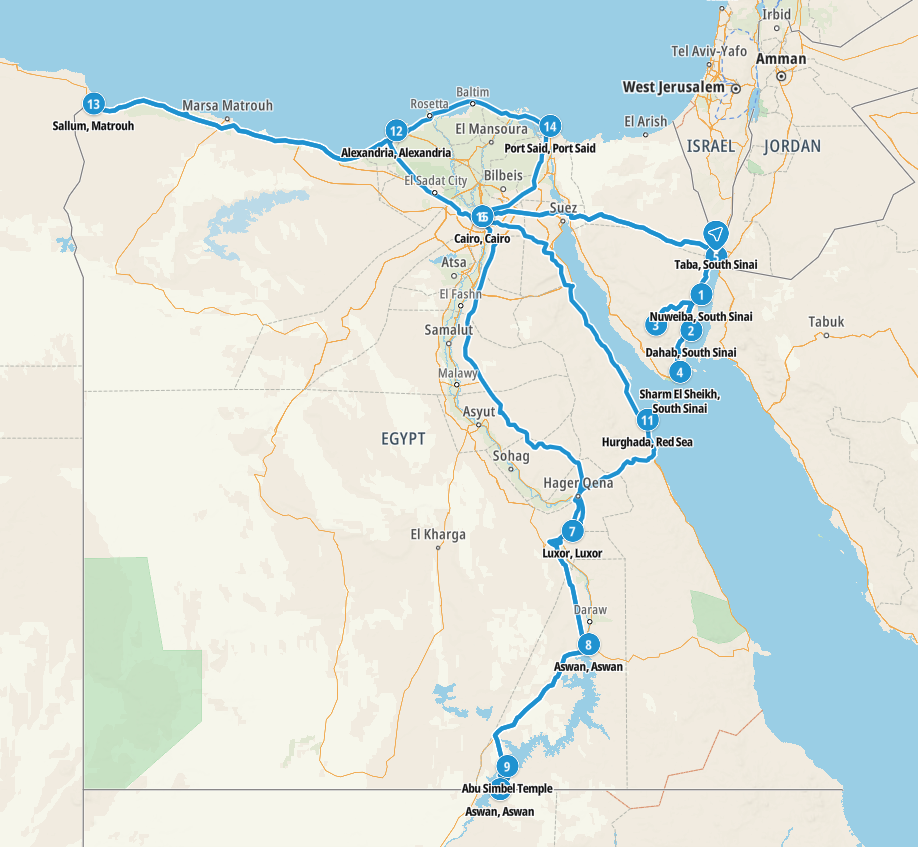
Our favourite places in Egypt
Having visited Egypt so many times, it’s fairly clear than we love Egypt. Almost everyone you go can be called the best place in Egypt! We especially love the Sinai, and the Red Sea coast, in particular Dahab. However, if we were pushed to choose, we’d go for Cairo, Luxor, Alexandria and Abu Simbel, all as truly excellent places to visit, and we’d consider each of them to be the best places in Egypt!

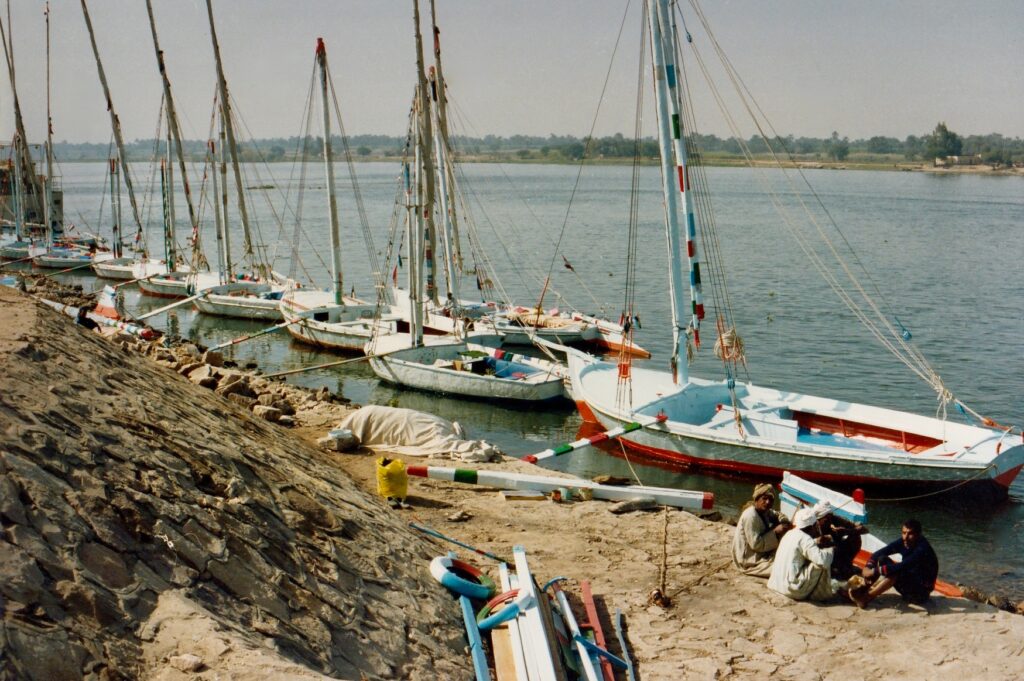
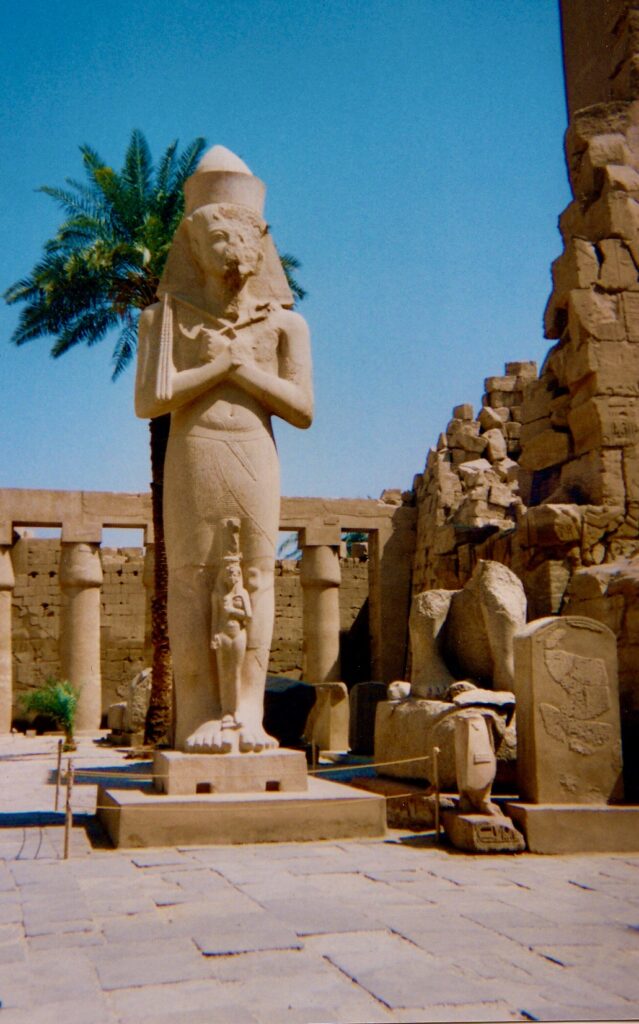
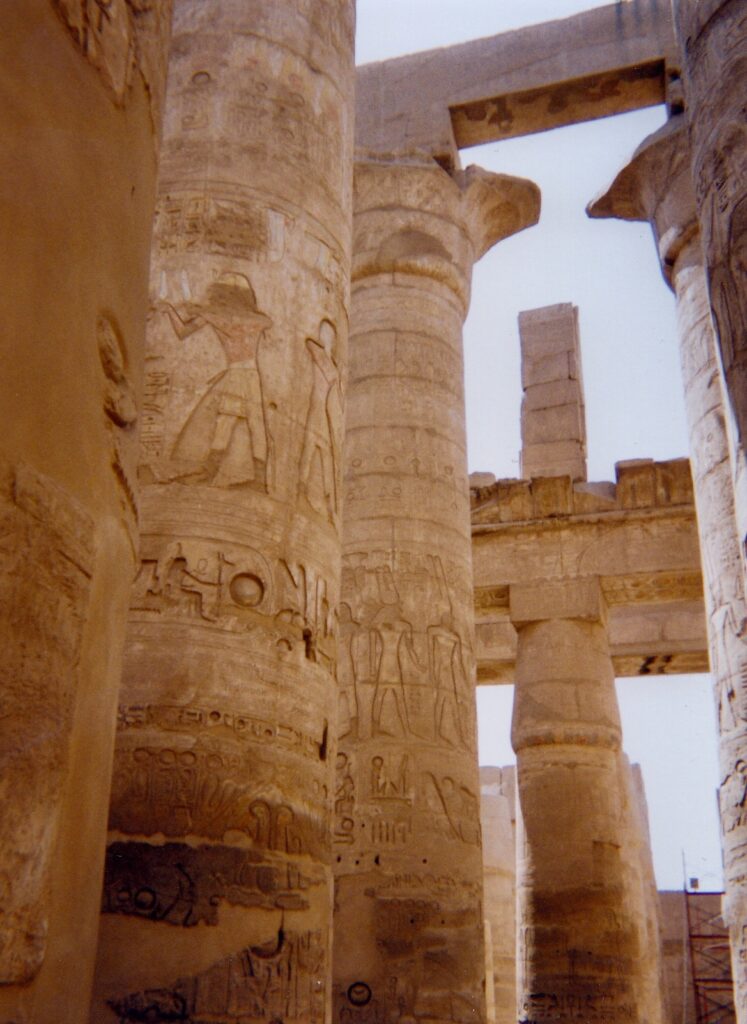
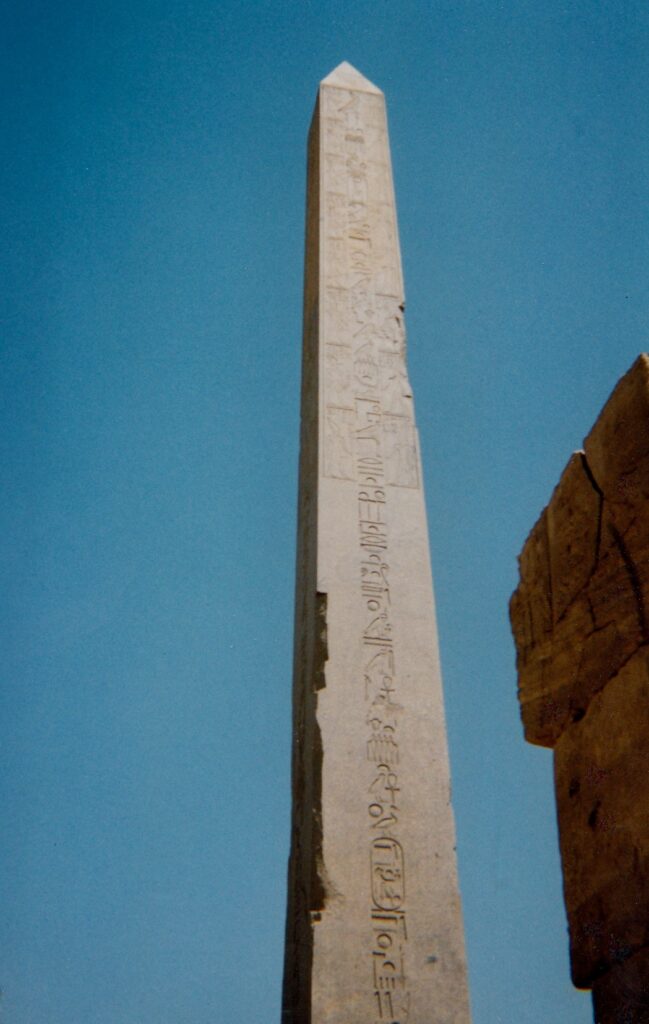
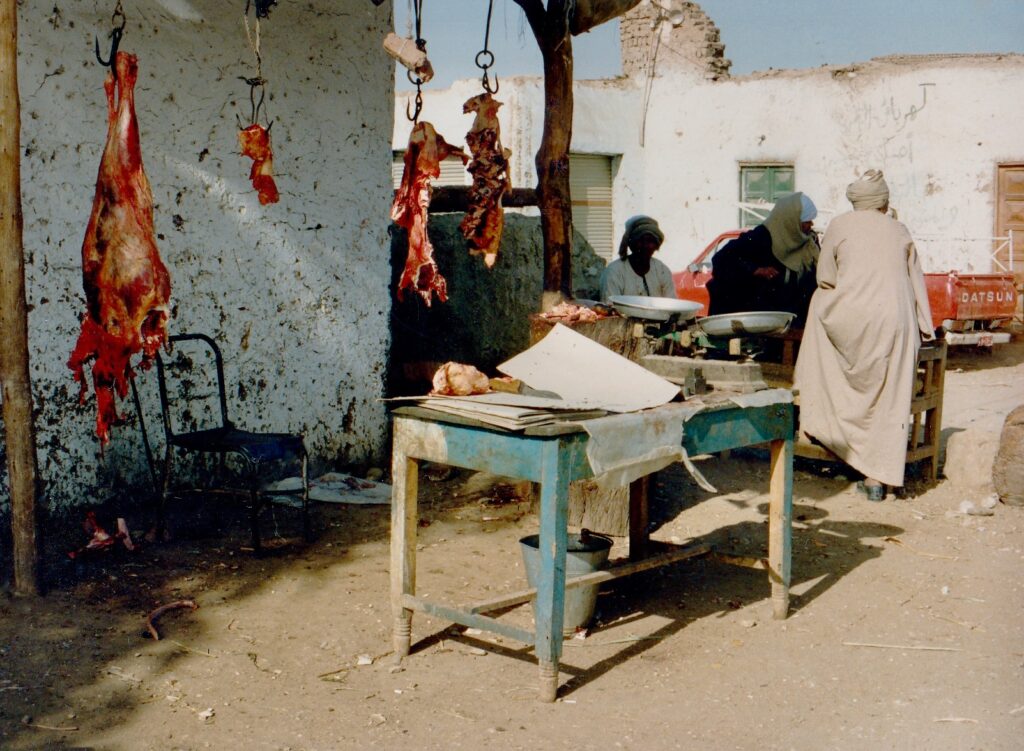
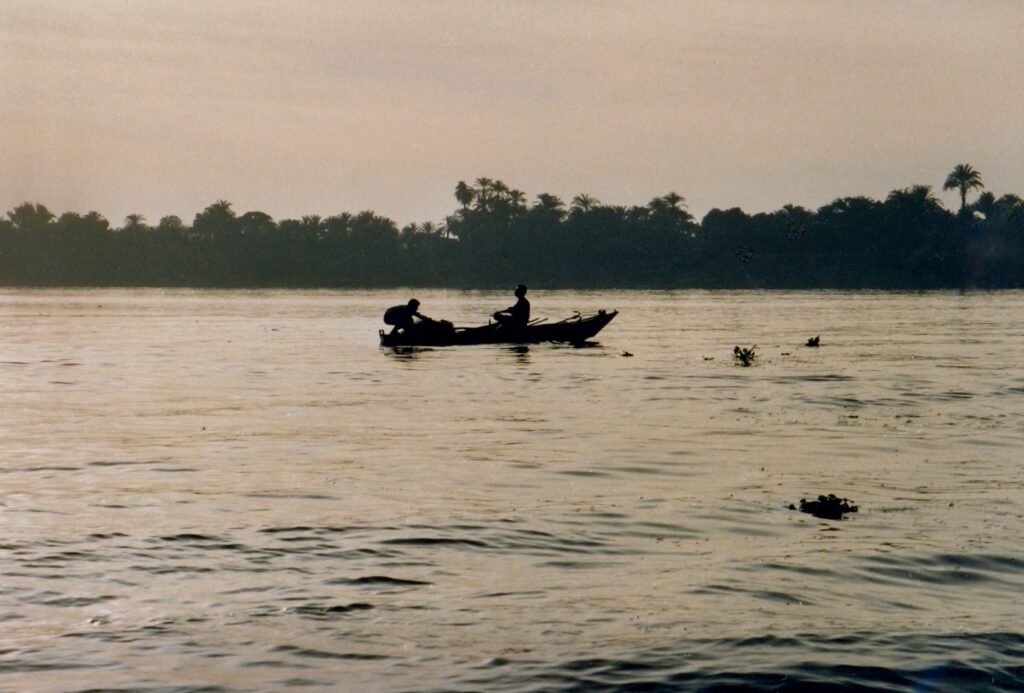
What’s it like to drive in Egypt?
They drive on the right hand side of the road in Egypt.
For the most part driving in Egypt is not for the faint hearted. There is a definite lack of concern for the general state of cars, and car bumpers are just for that – bumping. Often when you park up in Cairo, when you return you will find that your car has been moved several feet forwards or backwards, and is now bumper to bumper with other cars. This is due to the lack of car parking space, and the over-willingness of passers-by to help others bounce your car closer to other cars to create space.
That said, due to the general poverty outside of the cities, the amount of traffic between most town and cities is pretty low compared with life in the UK. This makes driving easy, although still open to the occasional haphazard driving of others. Outside of the major cities, road conditions are however, poor.
Ferries to and from Egypt
Currently there are no ferries to Egypt via the Venice – Tartous – Alexandria route, which is still suspended (2024).
Do you require an international driving permit in Egypt?
We’ve created a dedicated page to driving abroad, which answers this question, and more, which you might find helpful.
Can you use your UK driving license when driving through Egypt?
We’ve created a dedicated page to driving abroad, which answers this question, and more, which you might find helpful.
Do I need a carnet de passages to drive in Egypt?
A Carnet de Passages is required to overland in Egypt. We’ve created a dedicated page to driving abroad, which answers this question, and more, which you might find helpful.
What currency do they use in Egypt?
In Egypt they use the Egyptian pound. Most payments are in cash. The use of credit / debit cards is fairly widespread in larger hotels, although not in smaller ones. Travellers cheques are not widely accepted. There are lots of ATMs.
You should make yourself aware of the amount that your bank charges you for using credit and debit cards abroad. Often credit cards are cheaper for purchasing items directly, and for withdrawing cash from ATMs.
What language do they speak in Egypt?
they mostly speak Arabic in Egypt, although in larger cities many also speak English and French.
What time zone is Egypt in?
Remember, when you’re planning your next trip to take a look at what time zone it’s in.
Do I need a visa to visit Egypt
We’ve created a dedicated, more comprehensive page on visas, which you should find helpful. Check it out!
Is wild camping legal in Egypt?
Yes, wild camping is fine in Egypt.
What plug / socket type do they use in Egypt?
In Egypt they use plug / socket types C and F.


Health issues in Egypt
Is it safe to drink water in Egypt?
No, it is not safe to drink tap water in Egypt. Bottled water is readily available throughout the country.
What vaccinations are required for Egypt?
This NHS website is kept up to date with all relevant information on vaccinations in Egypt.
Phones in Egypt
What is the country calling code for Egypt?
The country calling code for Egypt is +20
What are the emergency phone numbers in Egypt?
- The emergency number for police in Egypt is: 112 / 122
- In Egypt, the emergency number for ambulance is: 123
- The emergency number for fire in Egypt is: 180
If you’ve got some useful info that you’d like to share, let us know!
And don’t forget to check out all the other pictures!
